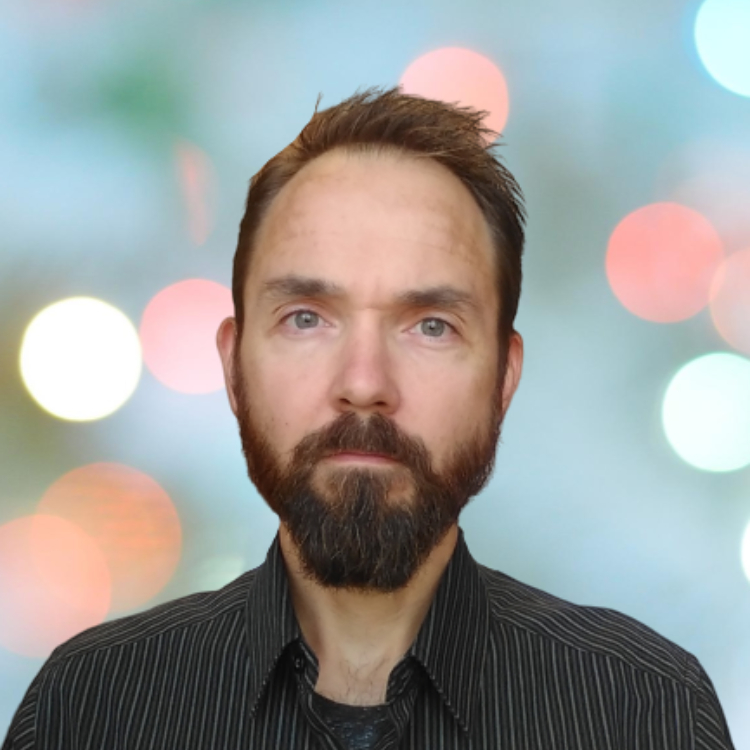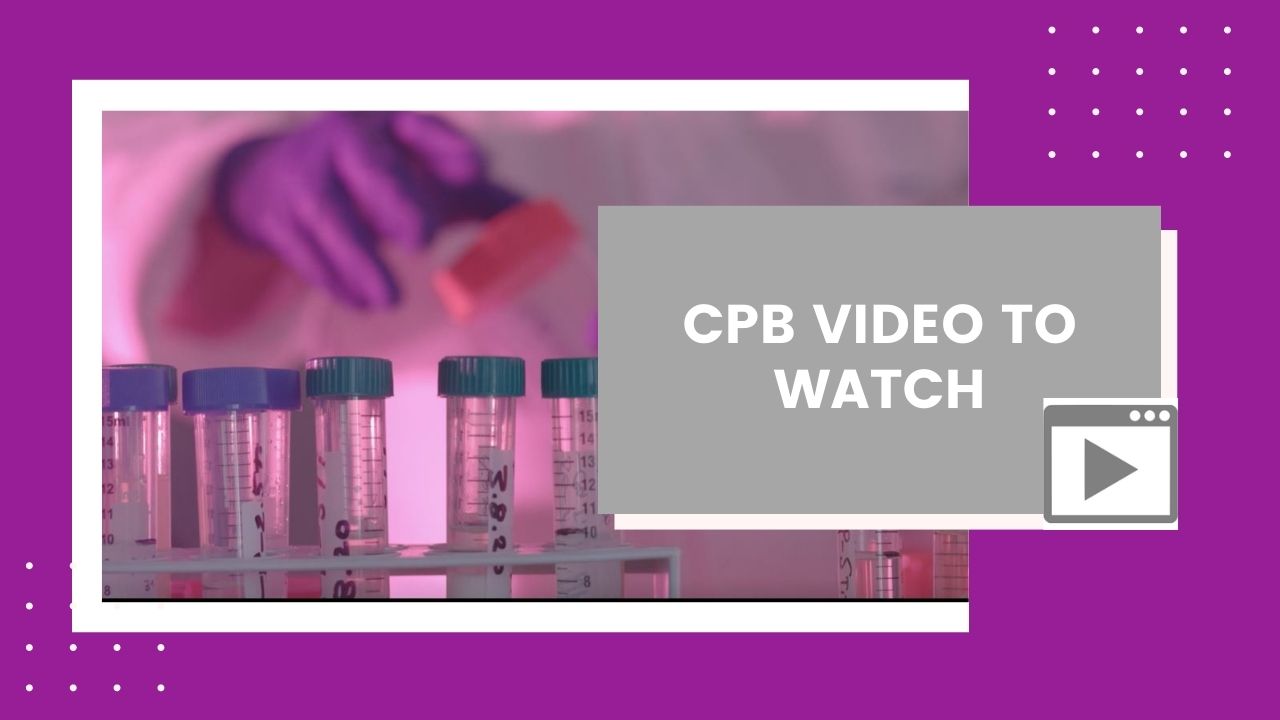
CHEMICAL PROCESSES AND BIOMATERIALS
RESEARCH TOPICS
Biomaterials
- Reinforced natural hydrogels with anti-inflammatory and antimicrobial functions
- Study of hierarchically porous scaffolds fabricated via sol-gel techniques with high specific surface area in the mesoporous region
- Research on developing responsive interdigital structures based on water-soluble inks for sensory applications
- Chemical-physical functionalization of titanium surfaces with bioactive/ anti-inflammatory agents
EQUIPMENT
- Laboratory of thermal analysis: TGA, DMA, TMA, DSC, DTA
- Laser chemistry laboratory: Nd-YAG laser, annealing furnaces, sample press, high-temperature furnace.
- Chemical laboratory: mechanical ultra-dispersing units, vibrating table, ultra-sonicator, sterilizer, precision laboratory scales, dryer, precision metallographic saw.
Machines
- Rheometer: ARES-G2
- DMA with moisture cell
- Particle size and distribution analyzer: SLS, DLS
- Chemical analyzer: WDXRF
- Low-angle X-ray scattering: SAXS / WAXS
- Universal tearing machine
- SEA inverse chromatograph
- Water vapor sorption DVS
The offer of the CPB department
- Description of thermal and thermomechanical properties of materials.
- Description of visco-elastic properties of materials.
- Determination of chemical properties of solid, bulk and liquid samples.
- Characterization of surface and sorption properties of solid and powder materials
Usage:
medicine (hydrogels, inorganic porous carriers, nano-biomaterials), environmental technology (fuel cells, membranes, filtration, eco-nanocatalysts), construction (mechanical and thermal properties of inorganic binders)
Current selected projects
SENDISO - Sensors and Detectors for the Information Society of the Future - OP RDE - Priority 1 - Research and Development - CZ.02.01.01/00/22_008/0004596 - 01/ 2024 - 06/ 2028
The project integrates various research areas into one interdisciplinary program. It aims to develop new tools for research in biology and to enhance diagnostics, treatment, and monitoring in medicine. It also focuses on environmental monitoring and quality control in industry. The main focus of the program is the development of new sensors and detectors using physical methods and materials. These sensors could also be used for chemical and biological detection. An important part of the project is the research on thin films and nanostructures, which can respond to various types of radiation or chemicals in the atmosphere and biological fluids. Such an approach goes beyond the scope of classical materials research and (bio)chemistry.
MEBIOSYS - Mechanical Engineering of Biological and Bioinspired Systems - P JAC Excellent Research - Co-funded by EU - Ministry of Education, Youth and Sports - 01/09/2023 — 30/06/2028
The project aims to strengthen international collaboration, develop a team, and conduct cutting-edge research to develop a new generation of ground-breaking engineering products resulting from the convergence of biological and technological evolution.
HyFiPatch - International Visegrad Fund - V4 - Ministry of Education, Youth, and Sports
The project focuses on the development of a multifunctional patch made of hydrogel fibers. This innovative product, HyFiPatch, aims to simplify the treatment process for patients with Atopic Dermatitis (AD) and thereby reduce patient discomfort. By providing an easily usable solution, the project expects to generate significant commercial value.
Completed selected projects - CPB
"MATEGRA - Advanced porous biomaterials functionalized with stem cells to improve the osseointegration of implants".
The project focuses on the development, optimization, and testing of new types of biocompatible surfaces in titanium implants to improve osseointegration and adhesion of bone tissue. The aim is also to connect research institutions, expert groups and transfer knowledge in the development and testing of new porous biomaterials.
„OSTEOMET: Augmented treatment of osteoporotic bones with innovative metal surfaces enriched with organic-inorganic nanoparticles.
The project addresses an important and highly translational topic: the clinically relevant field of osteoporosis. Osteoporosis is a systemic skeletal disease, in affected patients, it manifests itself in a deteriorated structure of bone tissue with insufficient properties. The phenotype of osteoporotic cells should be suppressed by functionalizing the metal implant with the an / organic composition of nanoparticles. By including vascular and immune cells, it will be possible to make a more accurate and comprehensive evaluation of cell-implant interface responses. The results of this research bring the potential to improve treatment after implant placement, which is also suitable for previously damaged and osteoporotic bones and which strengthens the regeneration of the surrounding bone tissue. University Hospital Regensburg Department of Trauma Surgery (UKR) and New Technologies - Research Center (NTC) at the University of West Bohemia in Pilsen form a joint research platform. The project partner is the University Hospital Regensburg.
Duration: 01.06.2021 - 31.12.2022
Provider: EUROPEAN COMMISSION-Structural Funds
Project code:349
Research team





